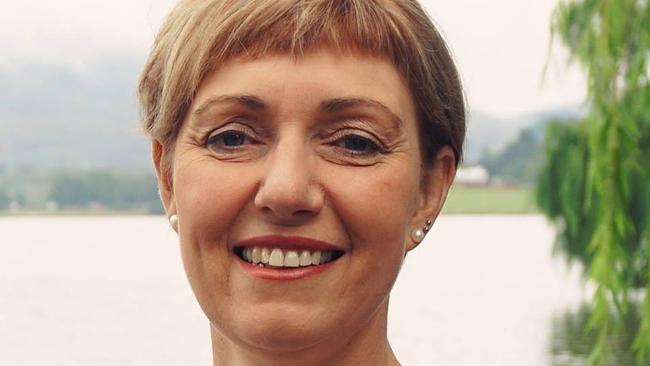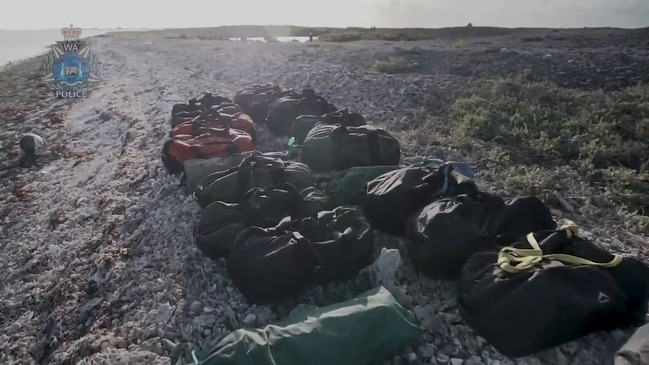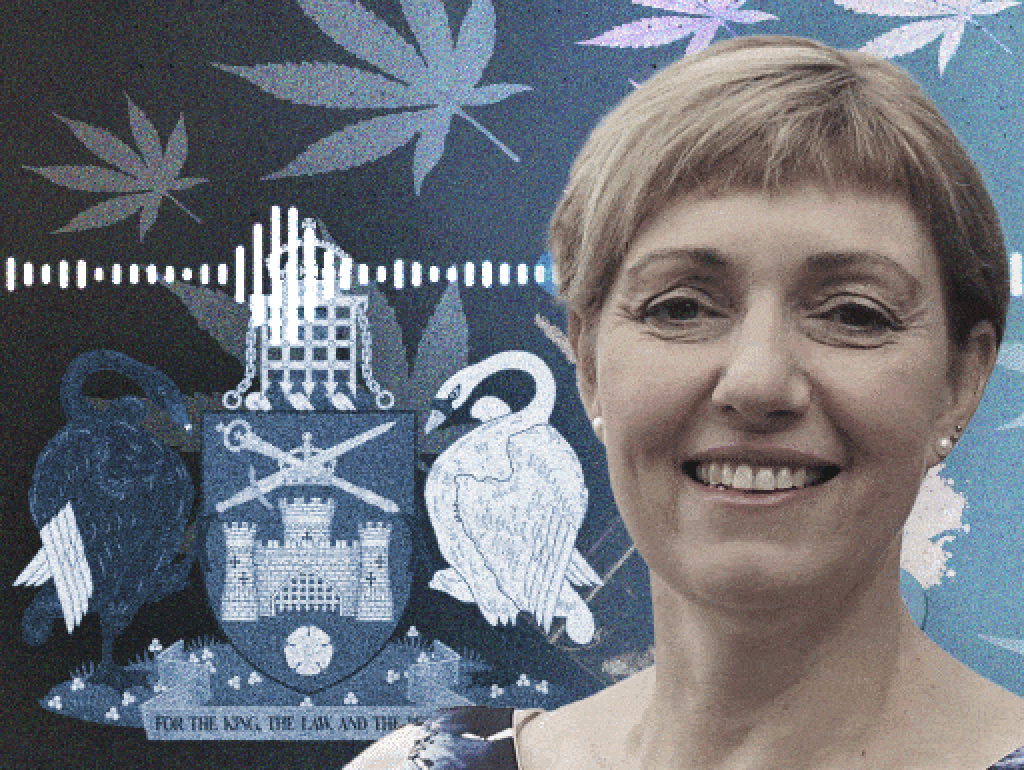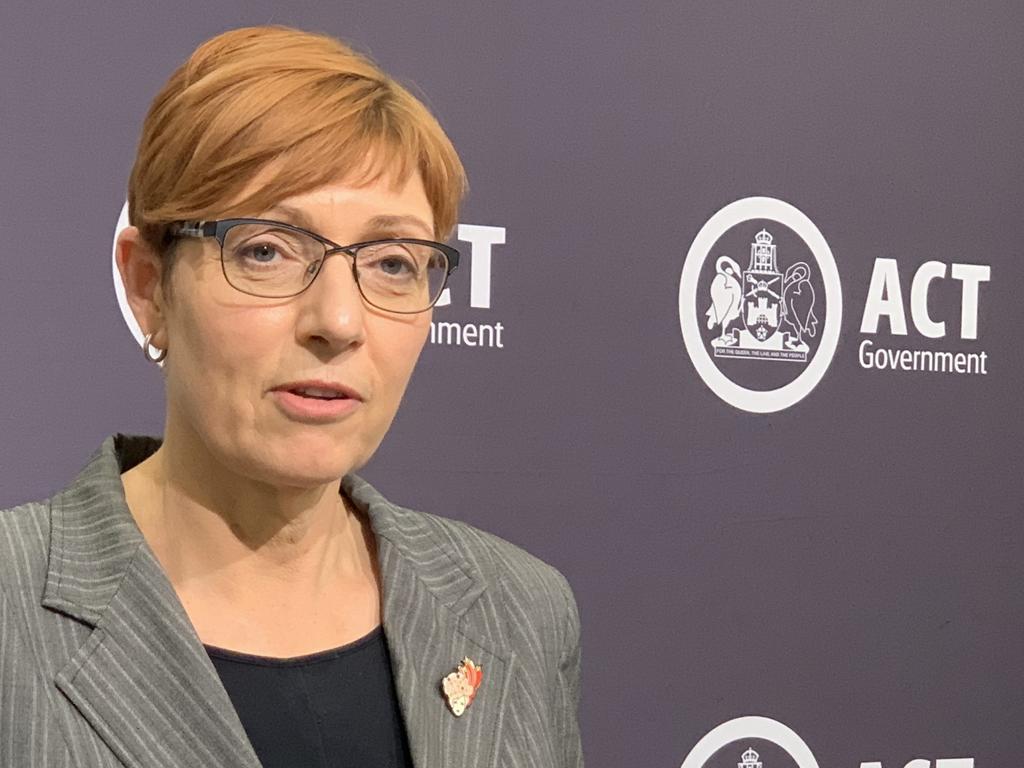ABF warns of risks in ‘hard drugs’ capital of Canberra
The Australian Border Force has cautioned the ACT government against going it alone as it prepares to decriminalise small quantities of ice, heroin, cocaine.

The Australian Border Force has cautioned the ACT government against going it alone as it prepares to decriminalise possession of small quantities of ice, heroin, cocaine and other drugs from next month, urging a co-ordinated national approach amid fears Canberra could become a hard drug centre.
The comments follow massive drug seizures at Australia’s borders over the past 12 months, including more than 300kg of heroin detected in Queensland in April and 250kg of cocaine found stashed in the hull of a yacht in July that resulted in the arrest of two men from the ACT.
A softening of the Territory’s drug laws, to take effect on October 28, will make Canberra the first city in the country to decriminalise illicit substances.
Scrutiny over the policy has ramped up since The Australian last month revealed comments by ACT Health Minister Rachel Stephen-Smith that her government took the idea of decriminalising hard drugs to the election “quietly” and used a private member’s bill to “quickly” pass the laws.
The ABF on Thursday for the first time signalled it had concerns over the potential impact and associated “risks” that could come from decriminalising illicit substances in the Territory.
“As a community, we have to consider what risks we are willing to tolerate when it comes to making such significant changes, and who may be exposed to the greatest potential harm as a result of these changes,” an ABF spokesman said.

He indicated the ABF would have preferred a national approach when it came to such a significant drug policy.
“Effective drug policy reform requires all jurisdictions to work together to ensure the policy is holistic, co-ordinated and aligned to a national approach that addresses supply, harm and demand reduction,” the spokesman said.
“While the issue of legislation and decriminalisation of illicit drugs is a matter for government, we understand there is a broader societal conversation taking place around this issue.”
No other state or territory plans to decriminalise hard drugs, with NSW Premier Chris Minns categorically ruling out such a policy ahead of a drug summit in the state this year.
Tasmanian Premier Jeremy Rockliff told The Australian “drugs like ice and heroin are illegal for a reason – they destroy lives, families and communities”.
Ms Stephen-Smith said her government and police were “committed to continuing to focus on disrupting drug trafficking and reducing supply of drugs through the justice system” as part of the national drug strategy.
“The ACT government has not made any change to the criminal penalties applying to dealing or trafficking of illicit drugs. Severe penalties will continue to apply for supply of any kind,” she said. “The ACT government supports a co-ordinated national approach to drug policy, while respecting the right of each jurisdiction to take action in line with the shared harm minimisation objective.”
Ms Stephen-Smith called for the return of the Ministerial Drug and Alcohol Forum, which oversaw national drug policy framework and was dissolved during the transition from the Council of Australian Governments to national cabinet. Ahead of the government passing its legislation in October 2022, ACT Police made clear it would prefer a slower, “staged” approach to decriminalising hard drugs such as ice, urging the government to begin relaxing rules for one drug at a time, starting with cannabis and MDMA.
But the ACT government has maintained that excluding methamphetamine and heroin from the list of drugs would have “a disproportionate impact on Aboriginal and Torres Strait Islander people and people in lower socio-economic groups”.
A spokesman for the Australian Federal Police said there was concern the decriminalisation of illicit substances could see an increase in drug trafficking.
“The potential for increased transnational, serious and organised crime activity in response to any increased demand stemming from decriminalisation is concerning,” he said.
“Any decriminalisation efforts must not inadvertently make it easier for drug traffickers, growers or manufacturers to exploit vulnerable elements of the community.”
AFP deputy commissioner and ACT chief police officer Neil Gaughan this week also flagged concern over “people trying drugs who hadn’t historically done so” and potential confusion over the legality of buying illicit substances.
The ACT policy does not make drugs legal, but rather allows police to issue a person a “simple drug offence notice” if they are caught with illicit substances under legislated thresholds, which results in a fine or direction to harm reduction services.
While the ACT Liberals have for months sounded the alarm over the decriminalisationof drugs, the federal Coalition on Thursday waded into the debate for the first time.
“Clare O’Neil and Mark Dreyfus need to come clean about whether they support their ACT Labor colleagues’ plan,” opposition home affairs spokesman James Paterson said.
“What is their plan to ensure this loophole isn’t exploited by organised criminals operating in the rest of Australia? What additional support are they going to provide the AFP to manage the influx of illicit drugs following the warnings that these changes will lure recreational drug users to Canberra?”
A spokesman for Ms O’Neil said “state and territory laws are a matter for those states and territories”.







To join the conversation, please log in. Don't have an account? Register
Join the conversation, you are commenting as Logout